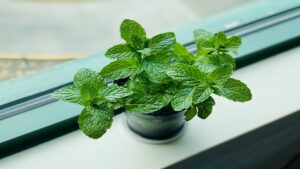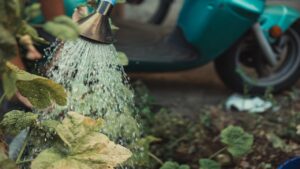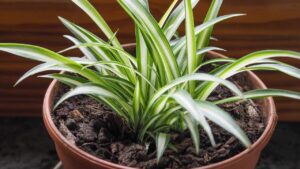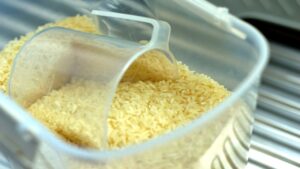(Right) Fertilizers for Lemons: All the Advice to Follow
Lemons are beloved citrus fruits that can thrive in our gardens. To ensure your lemon tree grows vigorously and bears abundant fruit, it’s crucial to provide it with the right nutrients. Giving your plant what it needs is essential for fruit production. Instead of randomly selecting fertilizers, consider following some of our simple tips to nurture your lemon tree, which, in turn, will give you delicious lemons.
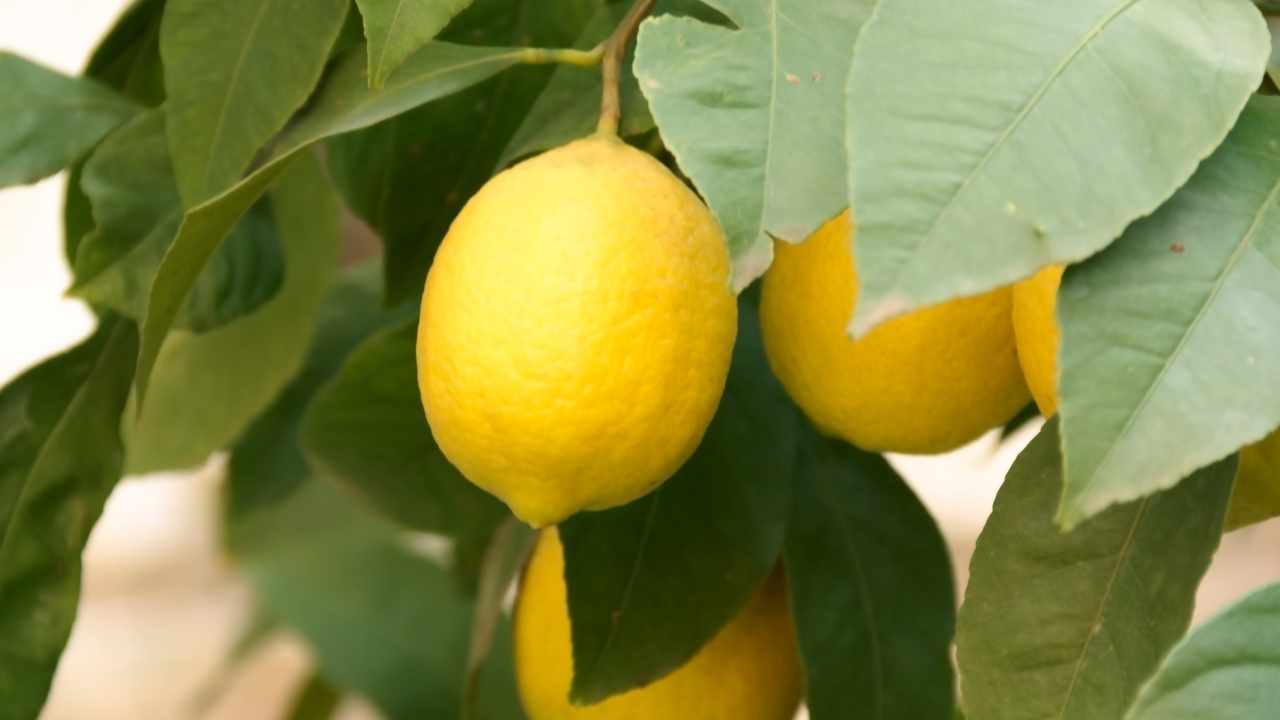
What does lemon need?
But let’s start in order: What does the lemon need to grow healthy and strong and be able to bring its fruits to complete maturation? These nutrients include iron, zinc, nitrogen, potassium, and calcium. Iron, zinc, and nitrogen help the lemon tree produce chlorophyll, crucial for transporting nutritional elements within the plant. These nutrients also boost the tree’s resistance to temperature variations and pests. Potassium plays a role in fruit formation, while calcium strengthens both the roots and stem of the plant, which must not be overlooked.
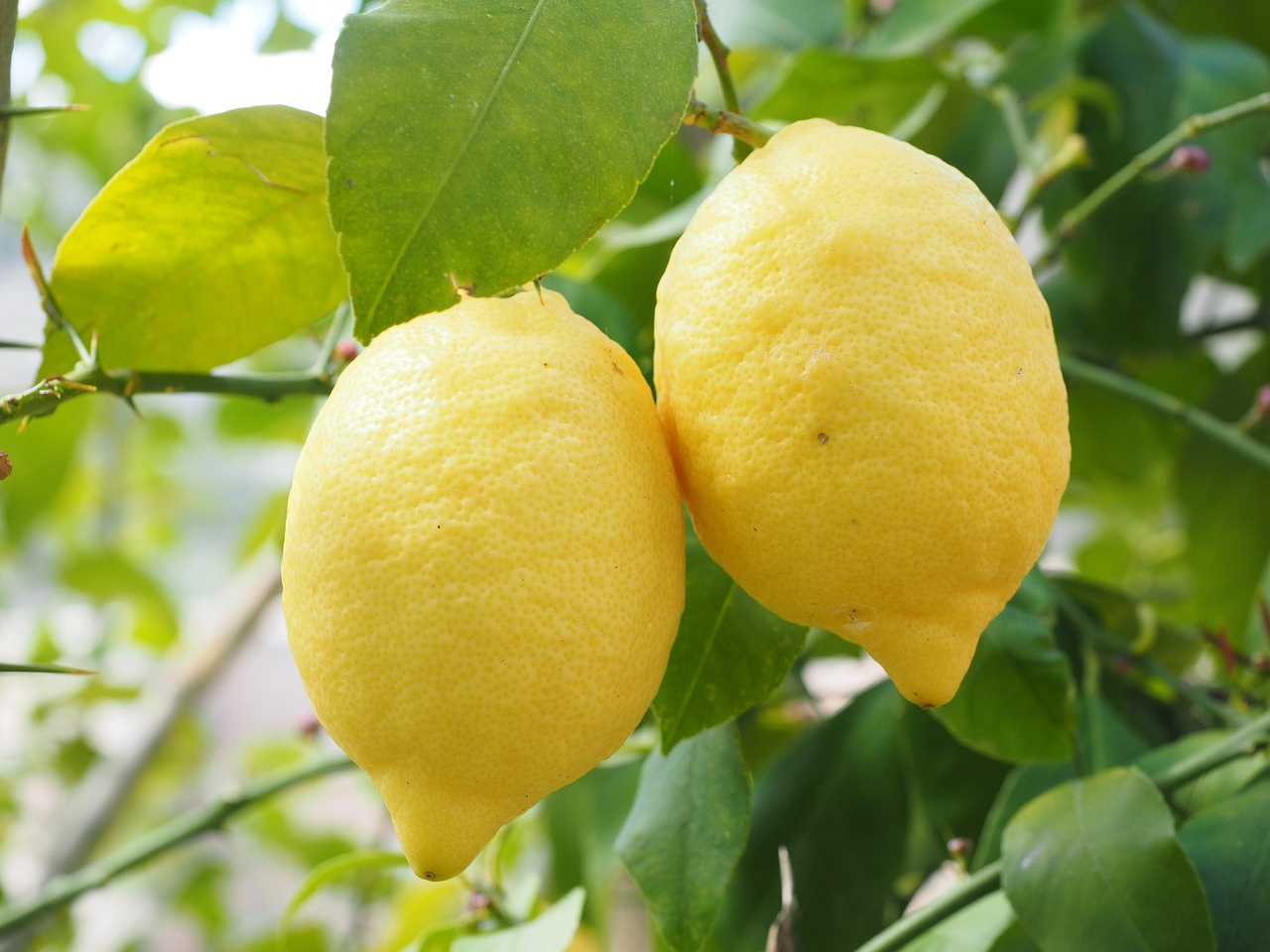
The right fertilizers
Using a natural mixture is ideal to avoid chemical alterations in the soil. A balanced compound rich in iron and potassium is best for the lemon tree. Potassium plays a crucial role in root growth, allowing the roots to efficiently absorb nutrients from the soil. Specialized fertilizers containing phosphorus are excellent for the citrus plant. These nutrients support the tree’s overall health and fruit production without disrupting the natural soil structure.
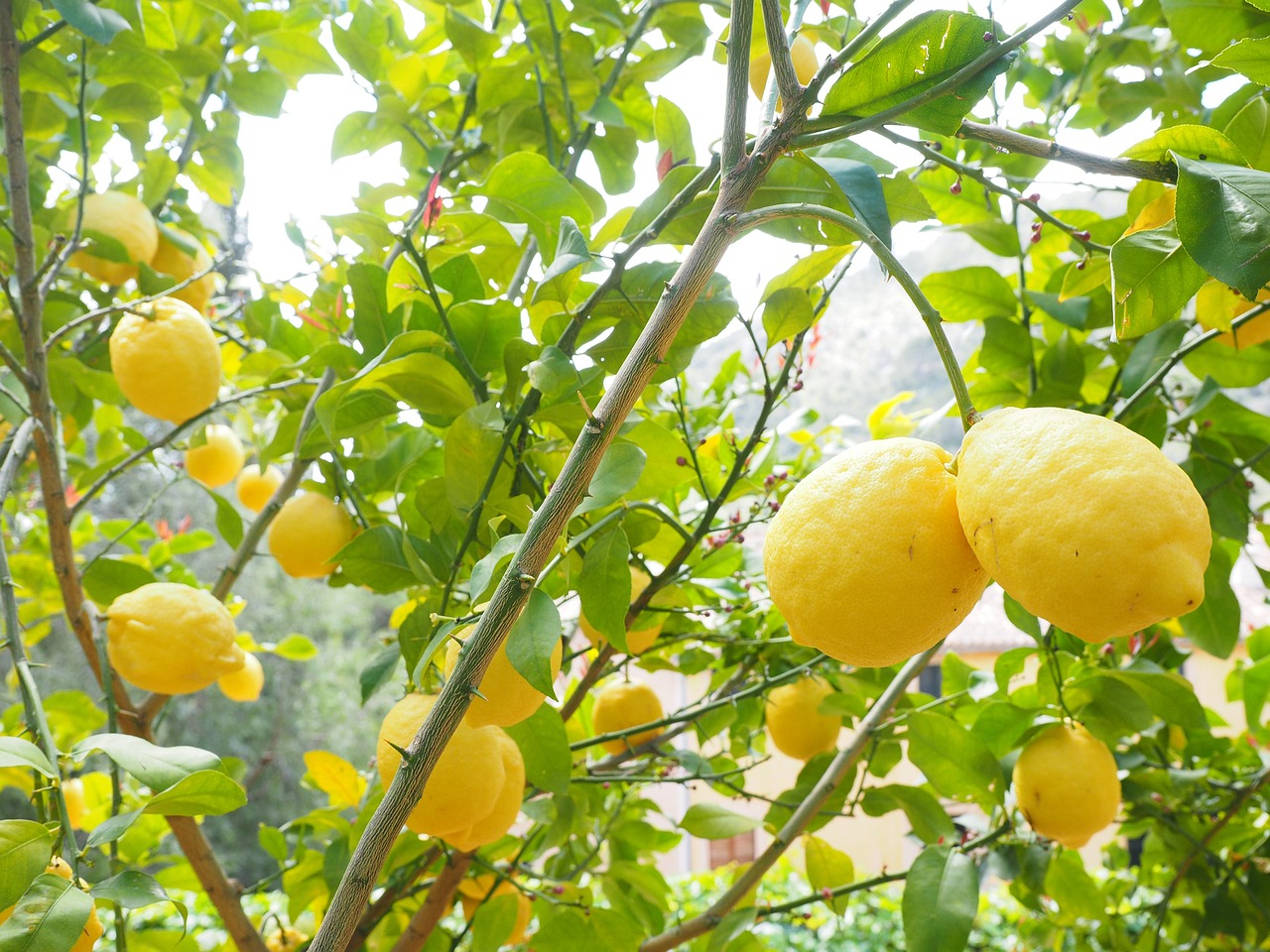
Small but important tips
To ensure excellent fruit production, the lemon plant must always have the right amount of water and light. Lemons require a minimum of 6 hours of sunlight each day, and this light, just like water, is crucial for their growth. If the plant is given an insufficient amount of water, it is possible that it lacks the nutrients necessary for its growth. Keep the soil consistently moist, but avoid standing water. Finally, let’s remember how important pruning is, including removing the so-called suckers that divert energy from the plant.
